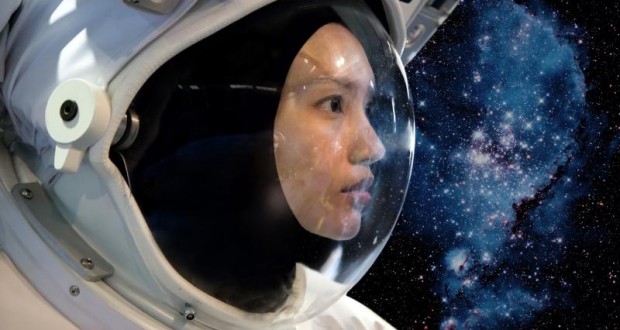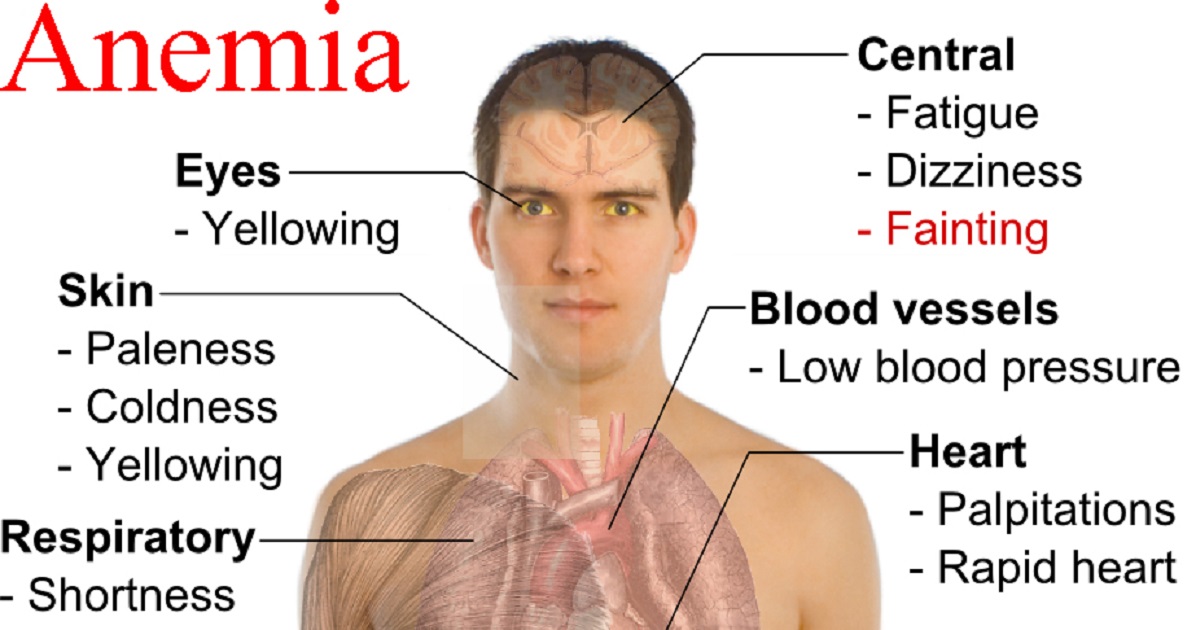The essential part of NASA missions is detailed mission planning. But until 1983, when NASA sent the first female astronaut Sally Ride in space, tampons and pads were not part of mission planning.

Medical teams of NASA were not sure how micro-gravity acts on menstrual cycle – or more precisely what happens with woman if she gets period in space. Does bleeding would be normal or blood will cause uterus problems.
Results says that menstrual cycle in space not differ from the regular menstrual cycle on the Earth.
Women became important part of space missions, as part of the current missions we have only short term results how the micro-gravity acts on the periods.
Scientists want to know what actually will occur with the menstrual cycles of female astronauts on long term missions, like going on Mars or much further.
Systems for recycling and disposal on the International Space Station are not designed to recycle menstrual blood. In reality they recycle the urine into drinking water.
Hygiene in space is another key problem that can be related with the periods. In space missions astronauts have limited quantities of water for showering, and it is not easy like on Earth.
For that reason, female astronauts can take oral contraceptive pills to prevent bleeding during the training and mission flights. Commonly used pill is progesterone.
Contraceptive coil, is another method which prevents bleeding during mission. It can be attached before the mission, without worries about consequences. These devices can be metal or hormonal, but hormonal coils are more efficient.
Skin implants are another safe solution to stop period bleeding, which can be used during mission but not more than three years.
At the end, female astronauts can use hormonal injections like „Depo Provera“, which are very similar to the progesterone pills. They should be injected on every 12-th week and can be safety used for three years.
According to the doctors, the best results in reducing menstruation can be done by using hormonal pills or coil.
But there is side effect of using pills and injections on long distance missions. Astronauts that were using these two methods in reducing periods, evidently lose bone mass. For that reason coils or under skin implants can be best solutions. They can be attached before the mission, without need of replacement until the end of mission.
Before we begin with populating the next planet, scientists should well understand the effects of hormones and loosing bone mass under conditions of micro-gravitation.

















